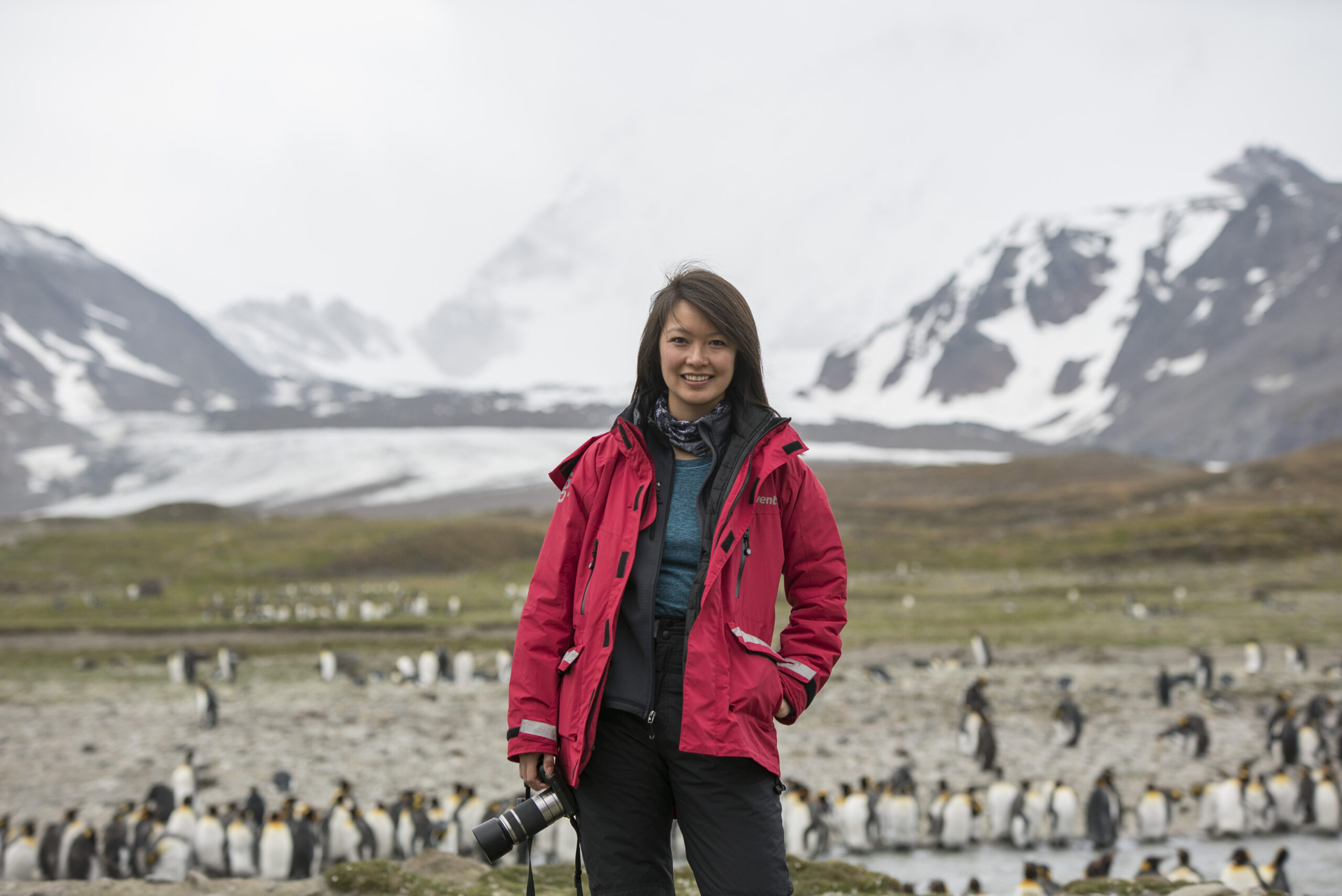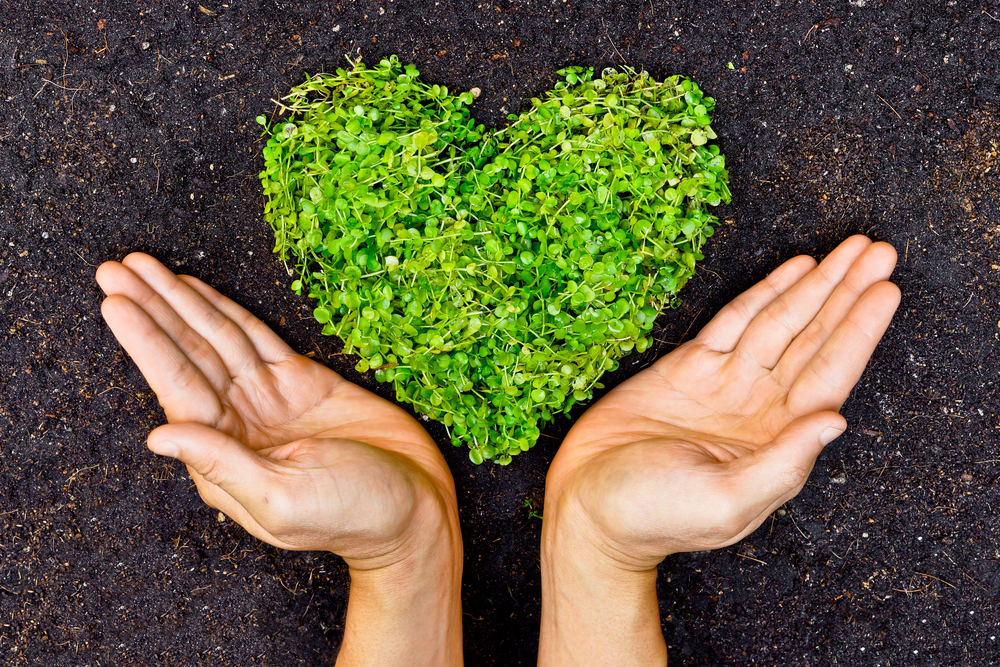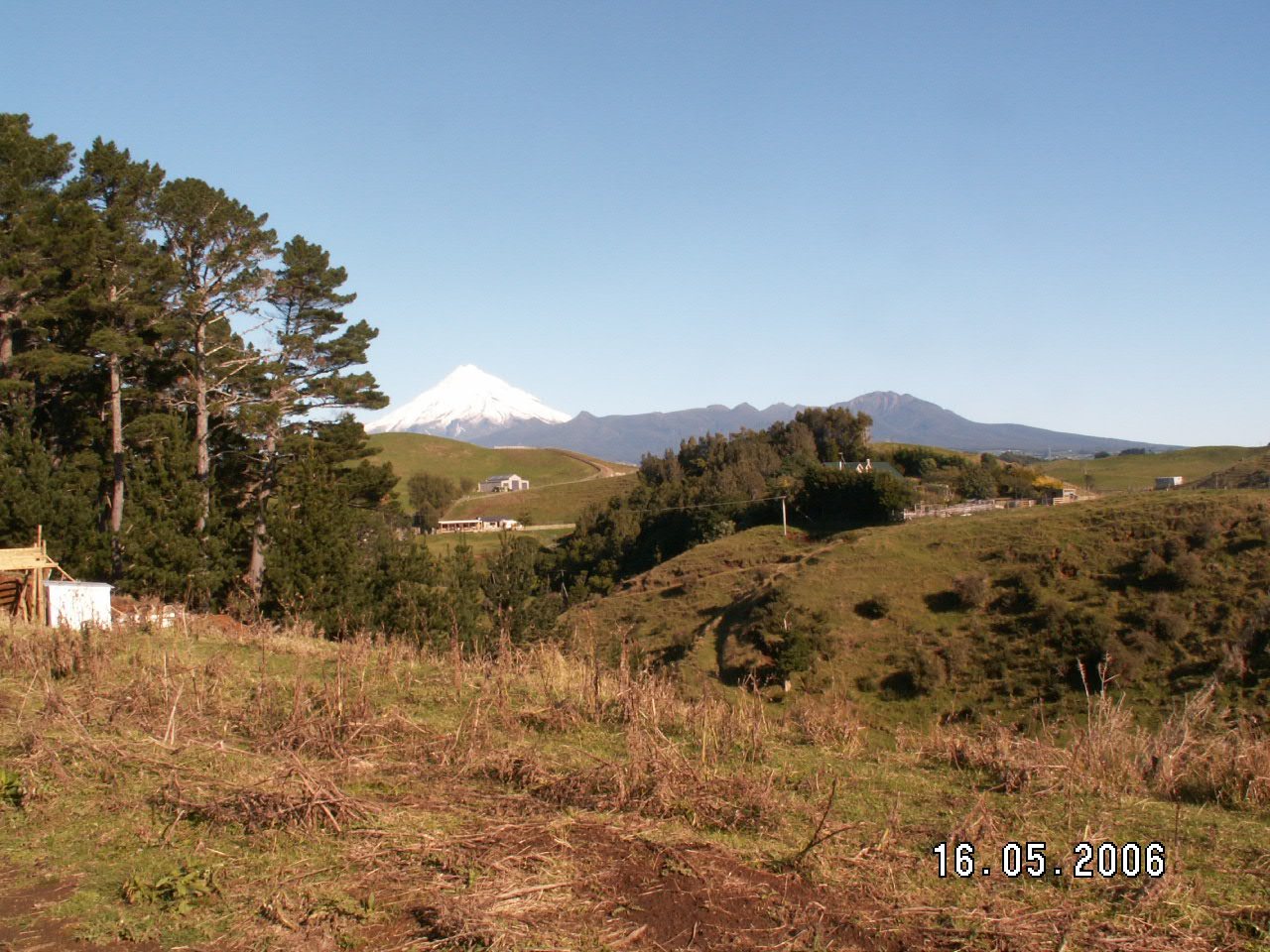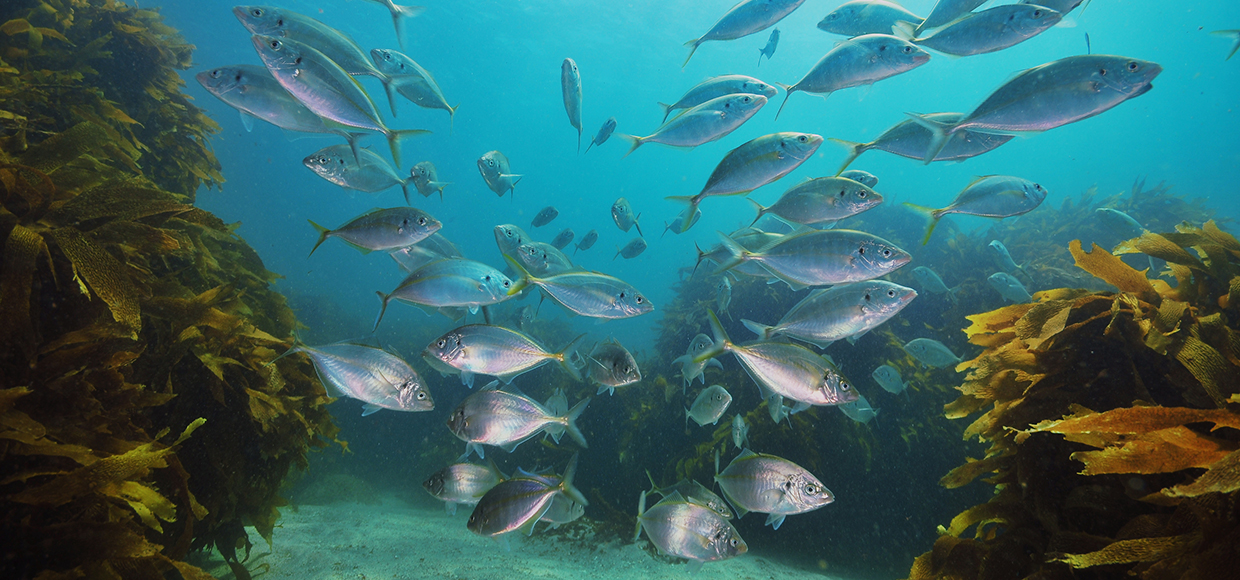International Women’s Day takes place on March 8, with 2018’s theme being #PressForProgress, as now, more than ever, there’s a strong call-to-action to press forward and progress gender parity. Good talked to Adrienne Lee, Director of Development at Planeterra, small-group tour operator G Adventures’ non-profit partner, on how tourism can positively impact women – through employment opportunities and breaking down barriers of inequality and poverty.
How long have you been a global ambassador and expert of sustainable tourism?
I joined Planeterra Foundation as a Program Manager in 2012 and have been lucky enough to lead the organisation’s work with marginalised women, at-risk youth, and rural and indigenous communities in Africa and the Asia-Pacific for five years. Since then, I’ve taken on leading Planeterra’s fundraising and business development strategy as we accelerate our five-year campaign, 50 in 5.
Planeterra focuses our programs on a market-driven approach. In January 2016, we launched the 50 in 5 Campaign with the aim to raise CAD $5 Million to integrate 50 new social enterprise projects into G Adventures trip in 5 years, changing the lives of local people in over 35 countries by providing them with the access to the benefits of tourism.
.jpg)
Your role now is the Director of Development for Planeterra a non-profit organisation that works with the conscious tourism industry, to run programs and operations to support and create livelihoods for people who may otherwise be in vulnerable positions and/or living in poverty. How lucky to you feel to be in such a purposeful role?
I feel incredibly lucky to be part of this team and what we believe to be the forefront of responsible tourism. We recognised that Planeterra has a role with working with the tourism industry to “stretch our market capital” and to do good by integrating community development work directly into the tourism value chain.
We work with community groups that have often been traditionally excluded from the formal economy, this includes marginalised women that may not have benefited from a formal education growing up, at-risk youth that are carving out new pathways and futures for themselves, and rural communities with a particular focus on indigenous communities.
By creating opportunities, jobs and livelihoods, we’re creating stronger economies and more cohesive communities in the places travellers visit. We believe in the hand up, not the hand-out model, whereby investing in a community business, we’re providing the platform for individuals to determine how their income is reinvested in their family’s future, and their communities.

You’ve seen first hand how tourism can positively impact women – socially, economically, and politically. What are some examples of this you’ve seen recently?
Recently we launched a few new partnerships supporting women-run programs in Sri Lanka and Namibia. In Kandy, Sri Lanka, we’ve partnered with the Women’s Development Centre, to renovate and expand a training café and craft shop that employs female entrepreneurs in the region. The proceeds from their co-developed lunch program with Planeterra, is anticipated to be visited by 3,000 G Adventures travellers this year alone. The proceeds from this meal service will support a shelter for abused women and other training and empowerment programs run by our partners.
Penduka, a women-owned and run social business in the Katutura Township outside of Windhoek, employs at-risk women mostly living in the surrounding townships with no schooling background and no access to secure jobs, or those suffering from chronic illness or disabilities. Along with direct employment, the handicraft cooperative also contracts the services of more than 300 women from around the country for handicraft creation. We partnered with Penduka to bring more customers to their restaurant, and are helping them develop take-out options for travellers leaving Windhoek on their way to nearby safari reserves.

There’s been a lot of noise in the last 12 months particularly on gender equality. How great do you think tourism’s potential is for creating greater gender equality?
Women around the world face many challenges and barriers, and the world has a long-way to go before we can truly be gender equal. There is much room for improvement, opportunity, respect and resource management to close the gender gap, and globally, women still only make 77 cents to the dollar for the same job a male counterpart would make.
Tourism brings a lot of hope and opportunity as well. The UN WTO’s Global Report on Women and Tourism cites that Oceania is doing well for fostering female leaders in tourism, and that the Caribbean is providing equal pay for all genders in the same role. Africa is doing well fostering women in minister of tourism roles and Asia has a significant percentage of female tourism professionals.
Tourism can provide an entry-way into the formal economy, opportunities to stay and work within one’s own rural community, or the chance to move and apply your hospitality skills in other regions. Tourism creates jobs at all levels of management, and it is an industry where you can still thrive by being entrepreneurial.
More growth and cultivation of females in higher management and leadership roles is a trend that can be seen across all industries. According to UN Women – if men and women played identical roles in labour markets, as much as $28 trillion, or 26 per cent could be added to the global annual GDP by 2025. That’s a lot of change and movement for everyone.
What would you say to young women who are looking to start a career in tourism? What opportunities are out there?
Tourism creates many opportunities for women — it’s an industry that has a low-barrier to entry, and employs more women and minority groups than any other industry. It’s one of few industries that is able to foster home-grown initiatives and convert these into formal livelihood opportunities. It is also an industry that fosters opportunities at all management levels.
The tourism industry also has so many reaches. Take my background for example. Previous to Planeterra Foundation, I worked for a community development and policy research organization that works with corporate supply chains to strengthen labour practices. My love for travel, livelihood and job-creation, and supporting responsible community development work is what brought me to Planeterra.
And what would you say to people who are thinking of travelling abroad, in terms of why travelling conscious is so important?
Always do your research beforehand. If you aren’t completely comfortable travelling alone, consider travelling with a reputable tour operator that employs local people. Having lived abroad for a number of years, in a country where I did not speak the local language, the culture shock can become overwhelming and leaning on friends who know the lay of the land was vital. Travelling with someone that knows the landscape will also give you the “insiders-scoop” of the destination you are travelling to.
Travel light. I almost always travel with a carry-on bag only (you read that right!). Most things you might “forget” can be purchased locally, and will help drive economic investment in the places you’ll go.
Planeteera Planeterra has some incredible initiatives that empower women around the world. I was recently in India and used the Women on Wheels initiative in Delhi. Are there any new initiatives in the pipeline you can share?
Ah, the Women on Wheels program, that is one of my favourites! Planeterra currently works with 13 women-empowerment partners directly, and also supports an additional 10 programs that are creating stronger female voices, livelihoods, and education and training opportunities for women.
In additional to Sthree Craftshop and Café and Penduka, we continuous bring on more partnerships that are improving women’s lives around the world and I encourage you to check out www.planeterra.org http://www.planeterra.orgfor all our latest initiatives.





